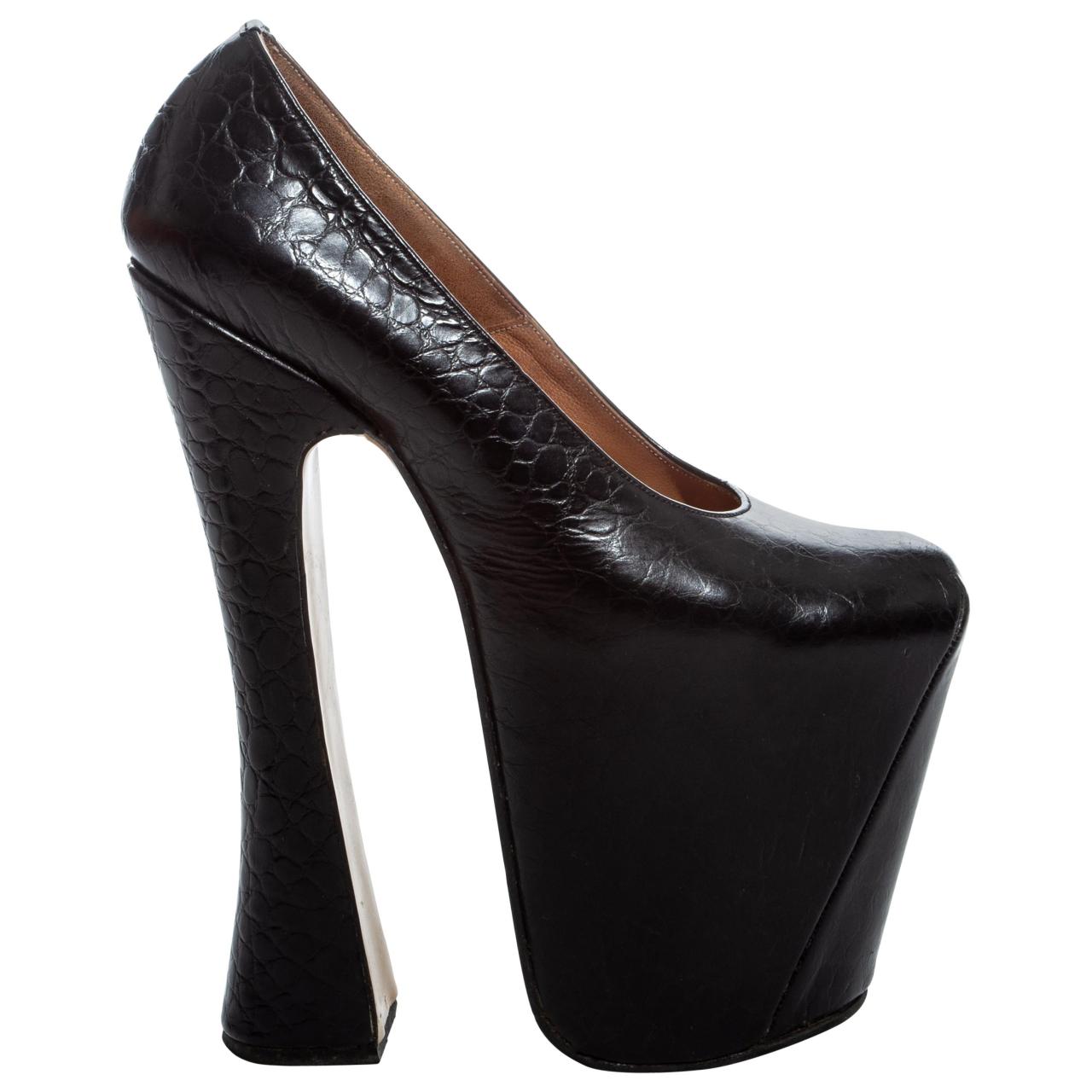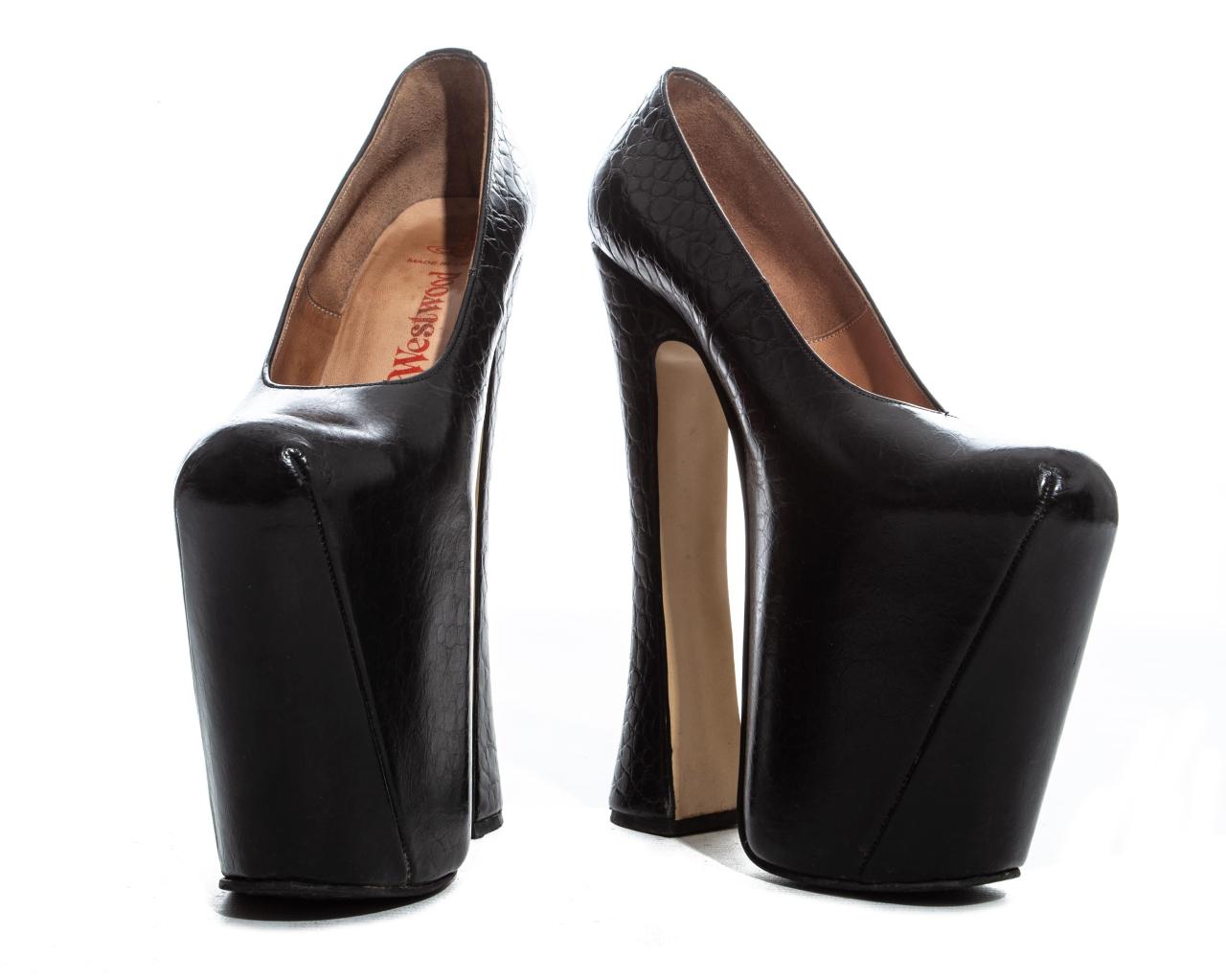Suffix for mock or crock – Step into the linguistic realm where suffixes reign supreme! Today, we cast the spotlight on “mock” and “crock,” two suffixes that add a dash of deception or humor to our words. Join us as we delve into their meanings, explore their usage, and uncover their fascinating history.
Sufix Meaning and Usage
The suffix “mock” or “crock” is used to create words that imitate or resemble something else. Words with this suffix often have a playful or humorous tone. For example, “mockery” refers to the act of imitating someone in a mocking way, while “crockery” refers to dishes made of clay or porcelain that imitate more expensive materials like silver or gold.
Origin and Evolution
The suffix “mock” or “crock” is derived from the Old English word “moccian,” which means “to imitate.” The suffix was originally used to create words that described things that were fake or counterfeit. Over time, the suffix came to be used more broadly to create words that simply imitated or resembled something else.
Similarities and Differences between “Mock” and “Crock”

The suffixes “mock” and “crock” share a common origin, stemming from the Old English word “croc,” meaning “crooked” or “bent.” Over time, these suffixes have evolved to convey distinct meanings and nuances in the English language.
Similarities, Suffix for mock or crock
- Derogatory or Disparaging:Both “mock” and “crock” can be used to express contempt, ridicule, or disapproval.
- Imitation or Falsehood:They can imply a lack of authenticity or genuineness, suggesting that something is a mere imitation or a fabrication.
- Humorous or Sarcastic:In certain contexts, these suffixes can add a touch of humor or sarcasm to a statement.
Differences
- Emphasis:“Mock” typically conveys a stronger sense of mockery or derision, while “crock” may have a more subtle or ironic connotation.
- Specificity:“Mock” often targets a specific person, group, or action, whereas “crock” can be used more broadly to describe a general situation or belief.
- Severity:“Mock” can imply a more serious or offensive intent, while “crock” may be perceived as less confrontational.
Table Summary
| Mock | Crock | |
|---|---|---|
| Emphasis | Stronger | Subtler |
| Specificity | Specific | Broader |
| Severity | More serious | Less confrontational |
Examples of “Mock” Suffix in Literature

Throughout literary history, words with the “mock” suffix have played a significant role in shaping the tone, style, and overall message of numerous famous works. From the biting satire of Jonathan Swift to the playful humor of Jane Austen, authors have employed this suffix to convey a wide range of emotions and ideas.
A common suffix to denote mockery or deceit is “-ock”, as in “humbug” or “cock-and-bull”. This suffix is found in several words included in the edmark level 1 word list , such as “crock” and “mock”.
The “mock” suffix, often used to create nouns, imparts a sense of pretense, imitation, or ridicule. By adding this suffix to words, authors can craft words that encapsulate the artificial or insincere nature of something. Let’s explore some notable examples of literary works that effectively utilize words with the “mock” suffix:
Jonathan Swift’s “A Modest Proposal”
In Jonathan Swift’s satirical masterpiece “A Modest Proposal,” the author employs the term “mock” to convey the absurdity of his proposal to solve Ireland’s poverty problem by selling Irish children as food to wealthy Englishmen. The use of “mock” in the title itself establishes the satirical tone of the work, highlighting the author’s intention to expose the hypocrisy and cruelty of the ruling class.
Jane Austen’s “Pride and Prejudice”
Jane Austen’s beloved novel “Pride and Prejudice” features several characters whose behavior can be described as “mock.” For instance, Mr. Collins’s excessive formality and obsequiousness are often seen as a “mock” of true politeness. The use of “mock” in these instances serves to highlight the superficiality and insincerity of certain characters, adding a layer of humor and social commentary to the novel.
William Makepeace Thackeray’s “Vanity Fair”
In William Makepeace Thackeray’s satirical novel “Vanity Fair,” the term “mock” is used to describe the artificial and pretentious society that the characters inhabit. The novel’s protagonist, Becky Sharp, is a master of “mock” behavior, using her charm and wit to manipulate others for her own gain.
Thackeray’s use of “mock” in this context underscores the novel’s critique of the shallowness and hypocrisy of high society.
Mock Suffix in Contemporary Culture
In the ever-evolving landscape of contemporary culture, the “mock” suffix has emerged as a potent force, shaping perceptions and influencing cultural trends. Its usage extends far beyond traditional literary contexts, permeating various forms of media and digital platforms.
The “mock” suffix often carries a sense of playful irony, parody, or satire, inviting audiences to critically examine and question societal norms, values, and institutions. By creating a simulated or exaggerated version of reality, “mock” content challenges conventional perspectives and opens up space for critical reflection.
Mock Suffix in Movies and TV Shows
- Mockumentaries:Mockumentaries, such as “The Office” and “Parks and Recreation,” blend documentary conventions with fictional narratives to create a humorous and satirical take on everyday life and workplace dynamics.
- Mock Reality Shows:Mock reality shows, like “The Real Housewives” franchise, present a dramatized and exaggerated version of reality, exposing the artifice and absurdity often associated with reality television.
- Parody Films:Parody films, such as “Scary Movie” and “Not Another Teen Movie,” playfully mock and subvert popular film genres, highlighting their conventions and tropes.
Crock Suffix in Historical Contexts

The “crock” suffix has a rich history, spanning diverse periods and cultures. It emerged in the 16th century and gained prominence in the 17th century, often associated with mockery and deception.
Notable Historical Figures and Events
*
-*16th Century
William Shakespeare used “crock” in his play “The Tempest” (1611) to describe a worthless person.
-
-*17th Century
The “crock of gold” legend emerged, referring to a mythical pot of gold hidden at the end of a rainbow.
-*18th Century
“Crock” became a slang term for a lie or tall tale, as seen in the works of Jonathan Swift.
-*19th Century
The term “crocodile tears” gained popularity, describing insincere or hypocritical sorrow.
Timeline of Crock Suffix Evolution
| Century | Notable Examples | Significance ||—|—|—|| 16th | “crock” (worthless person) | Origin of the suffix in mockery || 17th | “crock of gold” legend | Association with deception and hidden treasures || 18th | “crock” (lie or tall tale) | Expansion into slang and informal usage || 19th | “crocodile tears” | Coining of a phrase describing insincere sorrow |
Impact of “Mock” and “Crock” Suffixes on Language

The suffixes “mock” and “crock” have had a significant impact on the development and evolution of the English language. They have shaped the vocabulary, grammar, and overall structure of the language, and have played a role in the creation of new words and phrases.
One of the most notable impacts of these suffixes is on the vocabulary of the English language. The “mock” suffix is often used to create words that mean “to imitate” or “to make fun of,” such as “mockery” or “mocktail.”
The “crock” suffix is often used to create words that mean “a false or exaggerated statement,” such as “crock of gold” or “crocodile tears.”
These suffixes have also influenced the grammar of the English language. The “mock” suffix can be used to create both verbs and nouns, while the “crock” suffix is typically used to create nouns. This flexibility has allowed these suffixes to be used in a wide variety of contexts, and has helped to expand the expressive power of the English language.
Finally, these suffixes have had an impact on the overall structure of the English language. The “mock” suffix is often used to create words that are humorous or ironic, while the “crock” suffix is often used to create words that are negative or derogatory.
This distinction has helped to shape the tone and style of the English language, and has contributed to its richness and complexity.
Creative Applications of “Mock” and “Crock” Suffixes

The “mock” and “crock” suffixes offer a wealth of opportunities for creative expression. By attaching these suffixes to existing words, we can generate new terms with humorous, ironic, or satirical undertones.
Let’s explore some imaginative applications of these suffixes in various scenarios:
Fictional Words Using “Mock” and “Crock” Suffixes
| Word | Meaning | Scenario |
|---|---|---|
| Mockumentary | A fake documentary | A satirical film that presents fictional events as real. |
| Crocker spaniel | A breed of dog known for its stubbornness | A dog that is known for its unyielding and difficult nature. |
| Mocktail | A non-alcoholic cocktail | A beverage that resembles a cocktail but contains no alcohol. |
| Crocodile tears | Fake tears | Tears shed for a pretense or to deceive. |
| Mockery | Ridicule or imitation | The act of making fun of someone or something. |
Query Resolution: Suffix For Mock Or Crock
What’s the difference between “mock” and “crock”?
While both suffixes imply deception, “mock” suggests imitation or ridicule, whereas “crock” often denotes something false or exaggerated.
Can you give an example of a word using the “mock” suffix?
The word “mockery” exemplifies the “mock” suffix, conveying the act of imitating or ridiculing someone or something.
Is the “crock” suffix commonly used in modern language?
Although less prevalent than “mock,” the “crock” suffix persists in expressions like “crock of gold” or “crocodile tears,” denoting something fabricated or insincere.